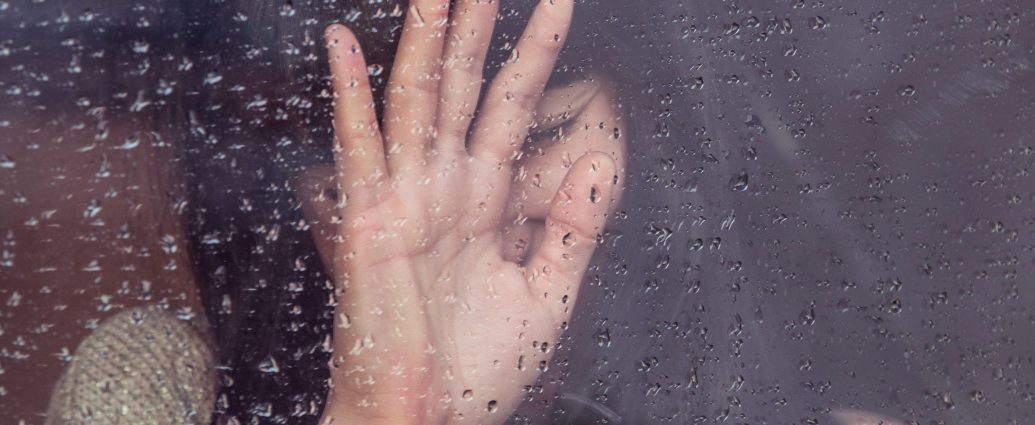TW: This article discusses mental health themes, specifically Seasonal Affective Disorder. Reader discretion is advised.
With the first rust-coloured leaves starting to appear and summer retreating, we are bracing ourselves for a second wave of coronavirus infections which, despite our best efforts, seems almost inevitable. At the same time, those who struggle with seasonal depression are preparing themselves for another battle as the nights draw in and the days shorten.
Seasonal Affective Disorder (SAD) is a form of depression that comes and goes according to the seasons, with symptoms usually more prevalent in winter. In any normal winter, it would be easy to see why SAD might kick in as darker and colder days loom threateningly on the horizon; adding in the omnipresent threat of catching Covid-19 and the prospect of another national lockdown creates a potent mix which will affect a lot of us in the upcoming winter months.
Some of us might also be reeling still from the loss of loved ones or our jobs, perhaps even our very identities, from the previous lockdown. All in all, it’s not looking promising for SAD sufferers.
How to manage winter depression
I have a small light box in my home office which emits a bright white light, replicating natural daylight. I’ve found a daily dose of this really helps lift my mood, particularly on dull days. And it’s often recommended by health professionals.
It’s important to try and keep to regular times for going to sleep and waking up, as this helps regulate your body’s circadian rhythms. Too much or too little sleep, or an irregular routine, can leave you feeling groggy and contribute to feelings of depression.
Get as much natural sunlight as you can. Make sure you spend some time outdoors every day, even if it’s not particularly sunny. And of course regular exercise and eating a healthy and varied diet can help combat low mood.
There are other things you can do to tackle SAD, but how might a second national lockdown affect this?
SAD and a second national lockdown
At this time of year we might, under normal circumstances, be looking forward to getting some winter sun abroad, but of course that’s looking uncertain now with the virus still circulating worldwide. We may have to make do with staycations for now, and with that the cold winter weather. So far so gloomy.
“We must cherish these bright and frosty days.”
We have to look at the positives though, where we can find them. I can remember many a cold but sunny winter’s day kicking up piles of fallen brown leaves with my kids and breathing in crisp, fresh air. Yes our fingers and toes were white with cold, but we had fun nonetheless. We must cherish these bright and frosty days. If more of us are going to be working from home once again, it might make it easier to pop out for a ten minute walk to replenish ourselves than if we were stuck in a stuffy office.
It’s been widely reported that the first lockdown had a devastating effect on people’s mental health, particularly for those with preexisting mental health conditions. The lack of human contact contributed significantly to this, and the thought of going through this again is not one we’ll be relishing.
The government is being urged to step up its game in terms of mental health support. This will be even more vital in the event of a second national lockdown. As always, I would urge anyone struggling with their mental health as autumn approaches to speak to their GP or another health professional to find out what support is out there.
Above all, we must keep talking to each other about our feelings and concerns, and sharing tips for coping. We’re still all in this together, for as long as ‘this’ lasts.
Sources of support:
Sarah Bones
Image courtesy of Milada Vigerova on Unsplash. Image license found here. No changes were made to this image.

